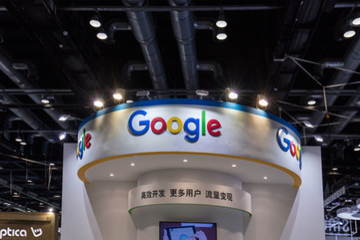
Google has sported a rocky relationship with China for more than 10 years. While the company’s on again, off again approach to the Internet’s largest ‘untapped’ market has always been tempestuous, recent developments suggest the tech giant may be yielding to its own growth imperative and bending to the government’s demands once more.
For more than a year, the debate has raged over accusations that the Chinese military is capitalizing on Google’s research and business activities in China. General Joseph Dunford, chairman of the US Joint Chiefs of Staff, told a Senate committee[1] in March that Google’s work in China indirectly benefits the Chinese military, an accusation soon echoed [2]by President Donald Trump.
Anxiety surrounding Google’s international and institutional affairs is nothing new. Last year, the company faced huge criticism after word leaked that it was building artificial intelligence (AI) tools to analyze drone footage for the Pentagon’s ‘Project Maven[3]’. Executives experienced similar uproar over ‘Project Dragonfly[4]’ in 2018, a secretive effort to develop a censored search engine[5] for the Chinese market. This prompted outcry[6] from employees and politicians who criticized Google for helping China withhold information from its citizens. CEO Sundar Pichai has since pledged[7] not to go forward with the censored search product—at least for the time being.
Google has generally limited its operations[8] in the Chinese market since 2010 when it pulled the majority of its products amidst a battle over censorship. Some branches of operation have been maintained, most of which relate to the distribution of Android software and Google Adverts on third-party websites. Despite this tumultuous history, the company’s latest movements

